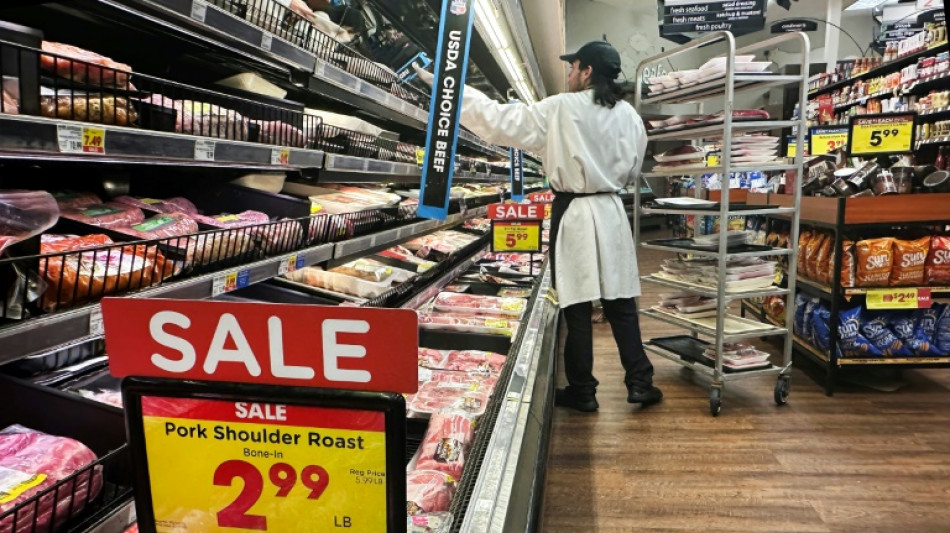
RBGPF
0.0000


US retail sales logged smaller gains than expected in February according to government data released Monday, edging up from an earlier decline with all eyes on consumer spending strength amid growing worries of a recession.
Consumers are a key driver of the world's biggest economy, and spending has been helped by a resilient job market and wage growth. But households have since drawn down on savings accumulated during the Covid-19 pandemic.
President Donald Trump's economic policies -- which so far include sweeping tariff hikes and sharp cuts to the federal government -- have also bogged down consumer confidence in recent weeks.
In February, retail sales crept up by 0.2 percent from January to $722.7 billion, according to Commerce Department data.
The figure was an improvement from January's 1.2 percent decline in sales, although a consensus forecast of analysts expected a larger uptick of 0.7 percent in February according to Briefing.com.
January's number was revised to reflect a larger drop than in advance estimates.
Since taking office, Trump has imposed sweeping tariff hikes on major US trading partners and key materials like steel and aluminum -- moves that economists warn could fuel inflation in the near-term if maintained. Trump's policies have also roiled markets.
But officials refer to tariffs as a means to raise government revenue while pointing to a broader slate of policies to come, including deregulation and tax cuts, when asked about recent shake-ups.
- Risk of weakness -
From a year ago, retail sales were up 3.1 percent in February, the government data showed.
Among sectors, sales at motor vehicles and parts dealers dropped 0.4 percent between January and February.
Sales at restaurants and bars fell by 1.5 percent on a monthly basis, while those at electronics stores and gasoline stations slipped as well.
The overall report, however, should alleviate concerns that the economy is already shrinking, said economist Samuel Tombs at Pantheon Macroeconomics.
But "the risk of much weaker growth, as consumers seek to rebuild a savings buffer in response to concerns about job security, now looks elevated," he said in a note.
Robert Frick, corporate economist with the Navy Federal Credit Union, expects that consumer income is a key factor that will influence spending in the future, adding that this is still "growing at a good rate."
"Consumers have shown just in the recent past that despite deep worries over inflation and Covid, they'll still spend if the dollars are there," he said.
The full effects of Trump's tariff policies and government cuts are still flowing through the US economy, however.
Last week, a study showed that consumer confidence declined sharply in March -- for a third straight month -- with many consumers citing a high level of policy uncertainty and other economic factors.
I.Ko--ThChM